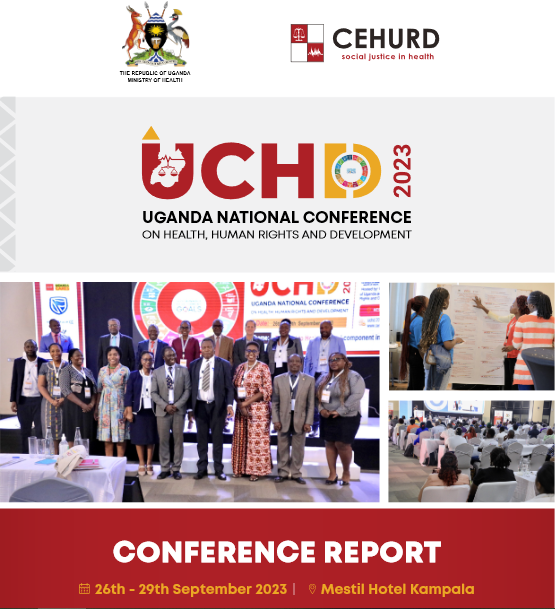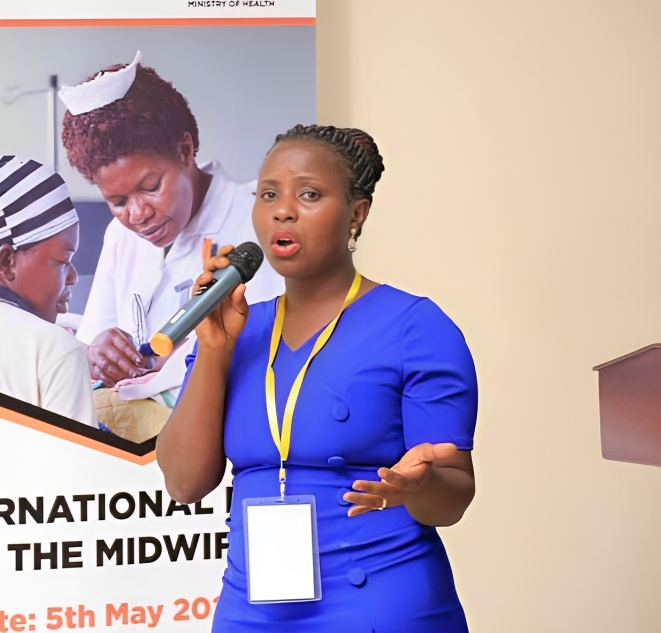By Clifton Irahuka – Health Service Provider
In Uganda’s heart, where cultures intertwine,
A tale of resilience, against a patriarchal design.
Gender-based violence, a shadow so deep,
Infringing on rights, where women should sleep.
From child marriages at 34%, where innocence fades,
To teenage pregnancies at 25%, where hope evades.
Female Genital Mutilation at 0.3%, a scar on the soul,
Robbing women of choice, taking away their control.
Physical violence at 56%, a silent, hidden cry,
Shattered dreams, where hope should lie.
Intimidation, threats, and fear’s embrace,
Silence imposed, leaving no trace.
Sexual violence at 27%, a violation so deep,
Leaving scars unseen, where secrets they keep.
Victims stigmatized, their voices unheard,
In a society where silence is preferred.
Yet amidst the darkness, a flicker of light,
Women united, their spirits ignite.
Fighting for justice, their voices so strong,
Demanding safety and choice, where they belong.
Sexual and reproductive health advocacy, a beacon, a guiding star,
Empowering women, reaching afar.
Access to knowledge, their choices to make,
Their bodies, their lives, for their own sake.
Education and research, a shield, a weapon so keen,
Dispelling the myths, the harmful traditions unseen.
Empowering girls, their voices to rise,
Challenging norms, beneath open skies.
Laws and policies, a framework to stand,
Protecting women, across the Pearl.
Enforcement and justice, a hand in hand,
Eradicating violence, taking a stand.
Community engagement, a bridge to unite,
Breaking the silence, shedding the light.
Changing values and attitudes, transforming the norm,
Creating a society where women are warm.
In Uganda’s journey, a path to unfold,
Where gender-based violence no longer holds.
SRH empowered, where women can thrive,
In a world where equality and equity truly survives.
The writer is a Midwife and Sexual and Reproductive Health and Rights Advocate.





